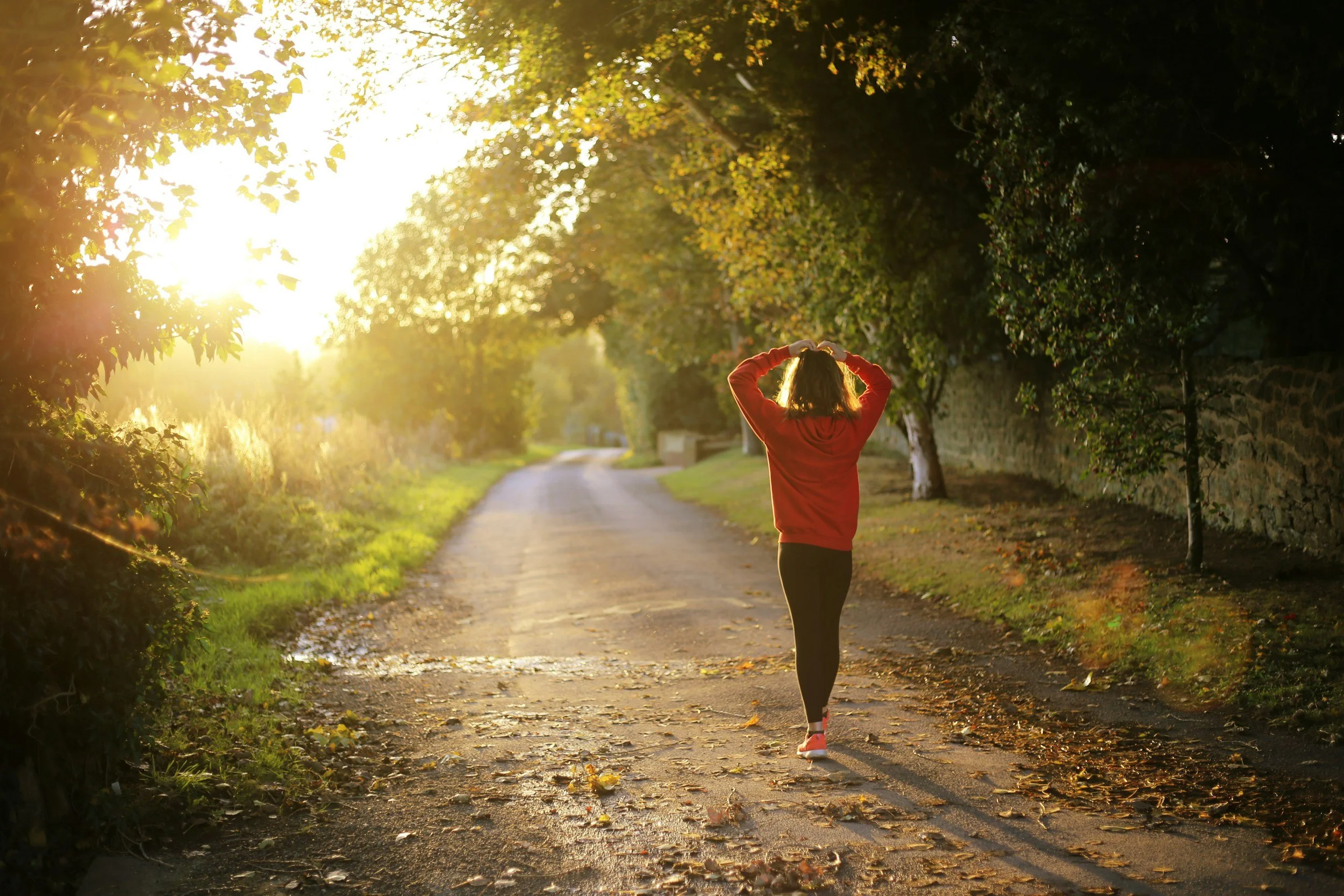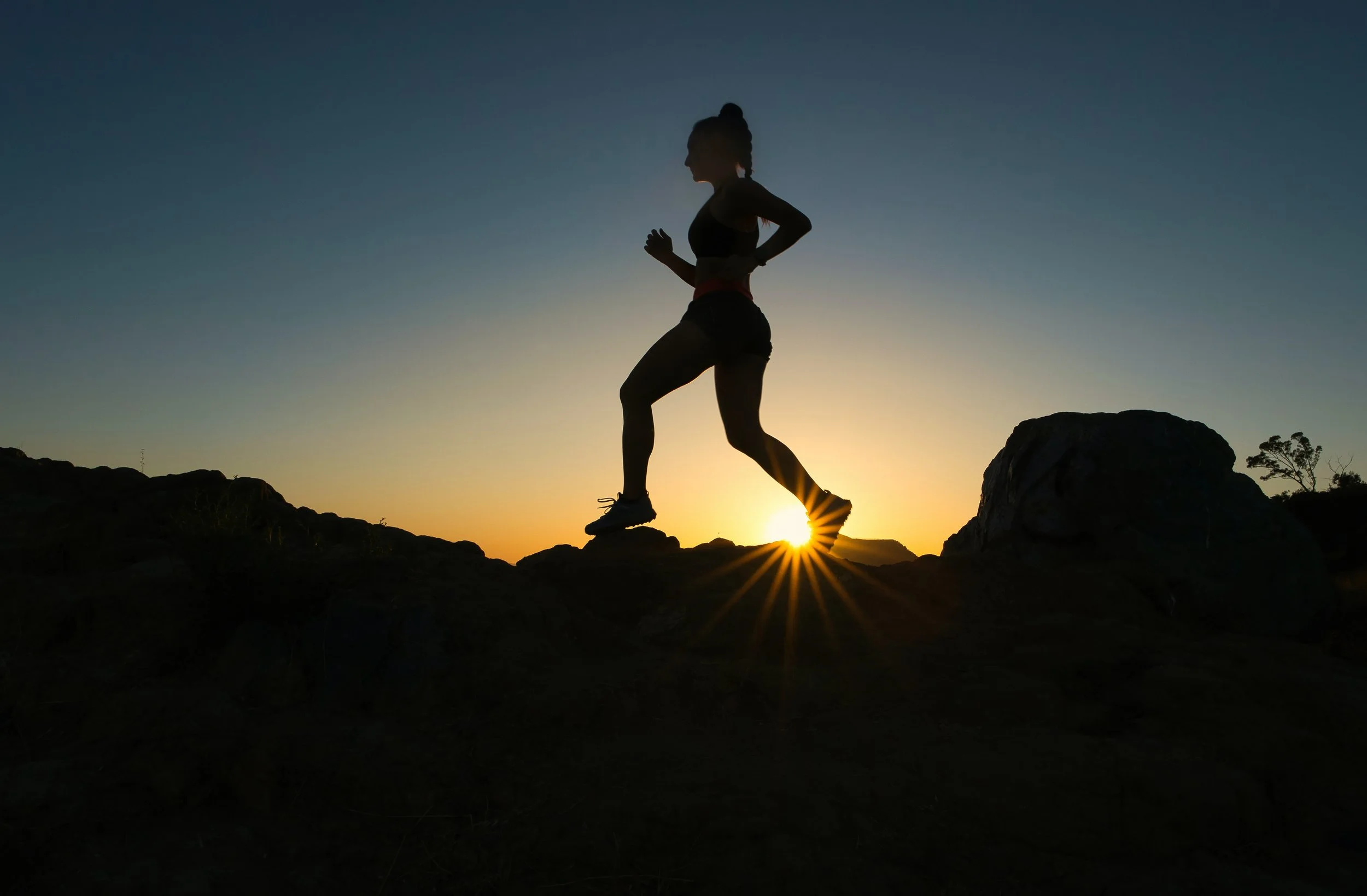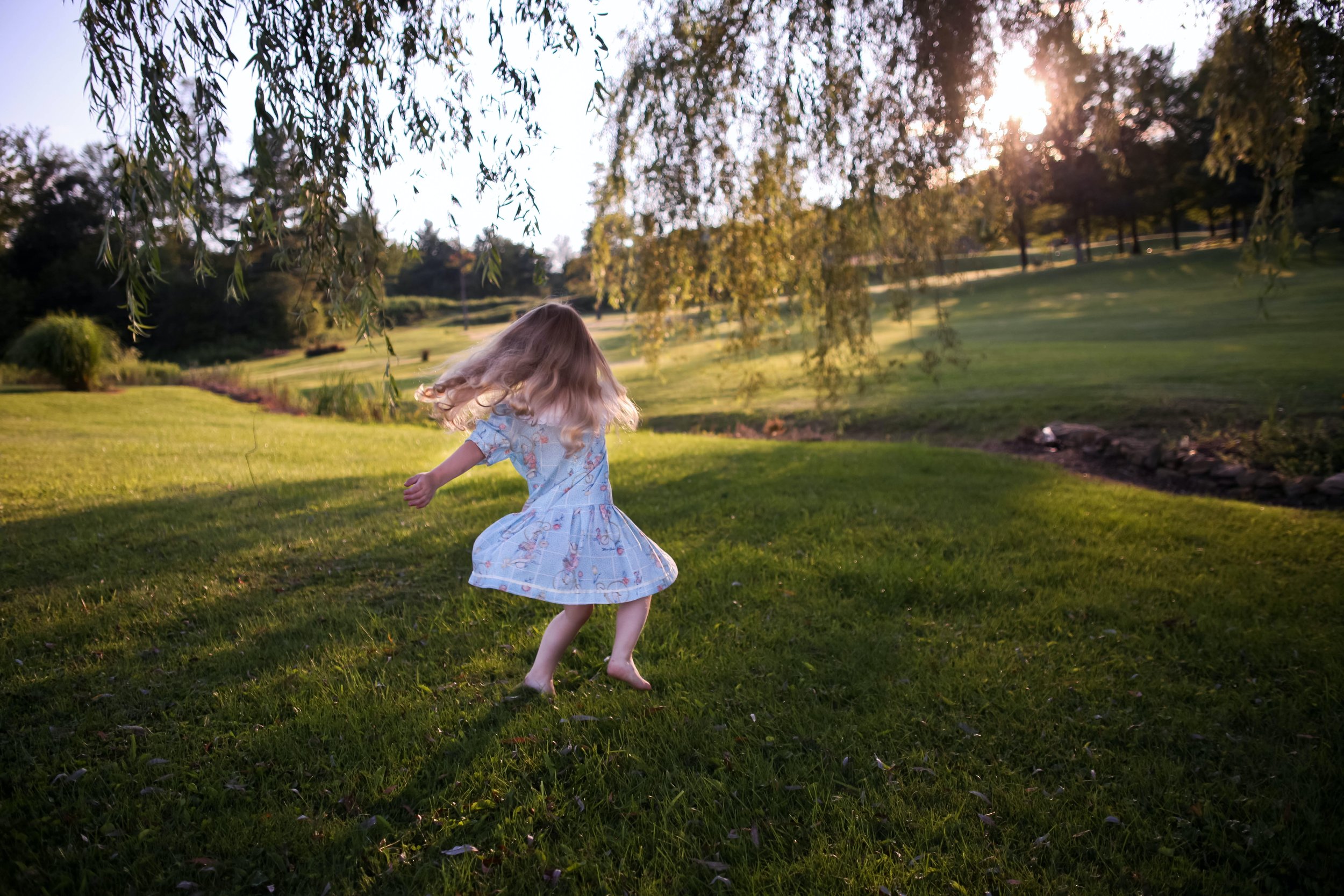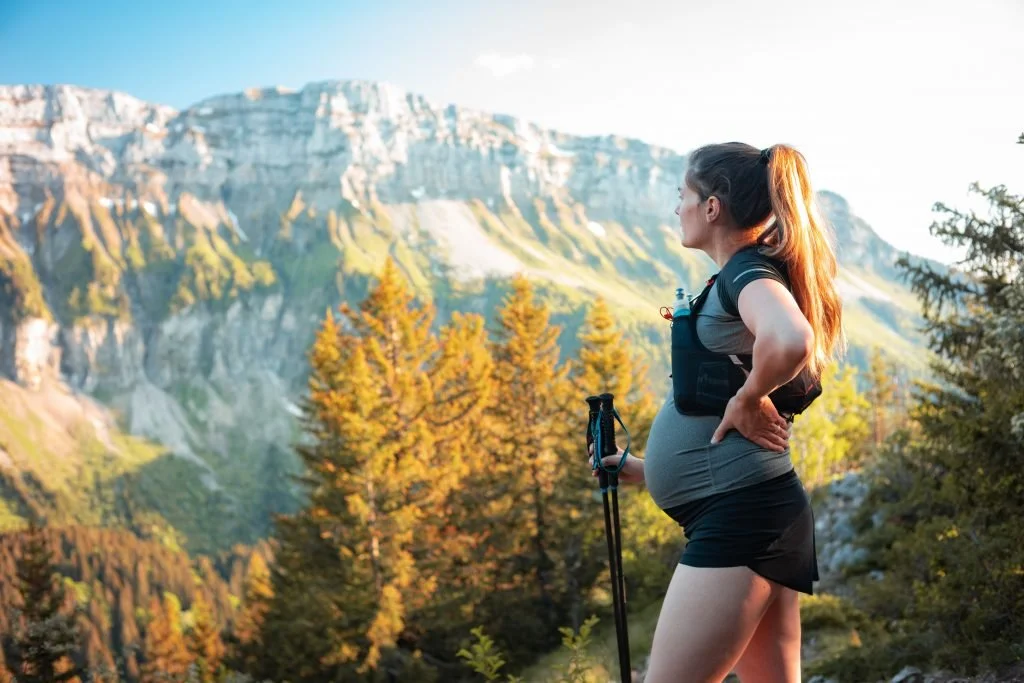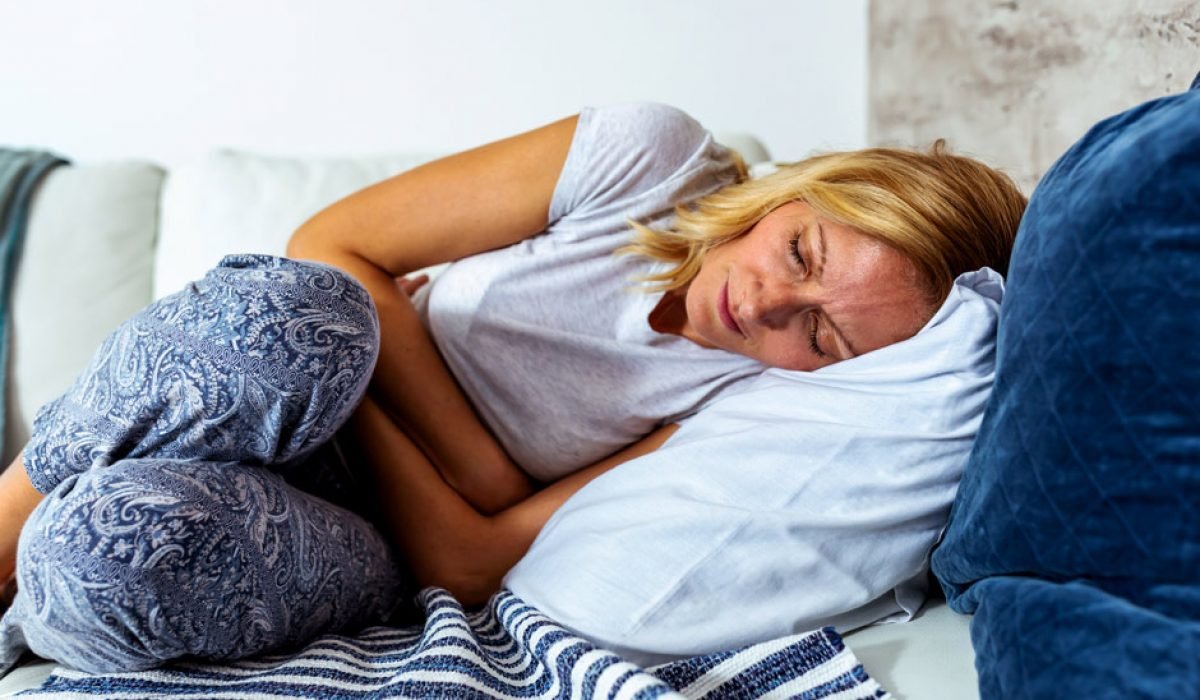Why Morning Light = Better Sleep at Night
Most people think better sleep starts at bedtime—but it actually starts when you wake up.
One of the most powerful (and underrated) sleep strategies is simple: get morning light. Just 10–30 minutes of natural light exposure within an hour of waking can dramatically improve your ability to fall asleep at night, sleep more soundly, and feel more alert during the day.
Here’s why.
Pairing natural light exposure with movement during the first hour after waking is one of the best ways to set the stage for a good night’s rest. This simple habit also reinforces a consistent wake time—another powerful tool for improving sleep quality.
The Science Behind It: Your Circadian Rhythm
Your body operates on a 24-hour internal clock called the circadian rhythm. This clock regulates everything from hormone release to body temperature—and most importantly, your sleep-wake cycle.
Light is the most important cue that tells your brain what time it is. Morning light signals to your brain, “It’s daytime—time to be awake!”
That early exposure helps:
Suppress melatonin (your sleep hormone)
Boost alertness and mood
Start the countdown to your next natural sleep window (about 14–16 hours later)
Without morning light, your body’s internal clock can drift, making it harder to fall asleep at night and wake up in the morning.
What the Research Says
A 2003 study, and many others like it, found that morning light exposure significantly advanced the timing of melatonin production, helping participants fall asleep earlier and feel more rested (Khalsa et al., 2003). Another study linked lack of morning light to disrupted sleep and increased depressive symptoms in older adults (Obayashi et al., 2014).
Even brief daily exposure can make a difference—especially if you’re consistent.
How to Get Your Dose of Morning Light
☀️ Go outside within an hour of waking
Aim for 10–30 minutes of outdoor light. Some is better than none.
If it’s cloudy, stay out a bit longer—cloud-filtered light still works.
🚶♂️ Pair it with movement
Go for a walk, stretch on your porch, or sip your coffee outside.
🪟 If you can’t go out, sit by a bright window
It’s not as effective as natural light, but it’s better than staying in dim indoor light
🌞 Bonus: Light = Mood Boost
Morning light also increases serotonin, which supports a healthy mood and helps regulate melatonin later in the day.
The Takeaway
Morning light helps anchor your body’s natural rhythm, making it easier to fall asleep, stay asleep, and feel more refreshed. It’s one of the easiest habits to adopt and can often pairs
If you're doing the Better Sleep in 4 Weeks challenge, this is Habit #2—and it builds perfectly on your consistent wake time.
Start your day with light, and your nights will thank you.
📚 References:
Khalsa SBS, Jewett ME, Cajochen C, Czeisler CA. A phase response curve to single bright light pulses in human subjects. J Physiol. 2003;549(Pt 3):945–952.
Obayashi K, Saeki K, Kurumatani N. Effect of exposure to evening light on sleep initiation in the elderly: a longitudinal analysis for repeated measurements in home settings. Chronobiol Int. 2014;31(4):461-467.
Dr. Jo Epping-Jordan, Registered Psychologist

